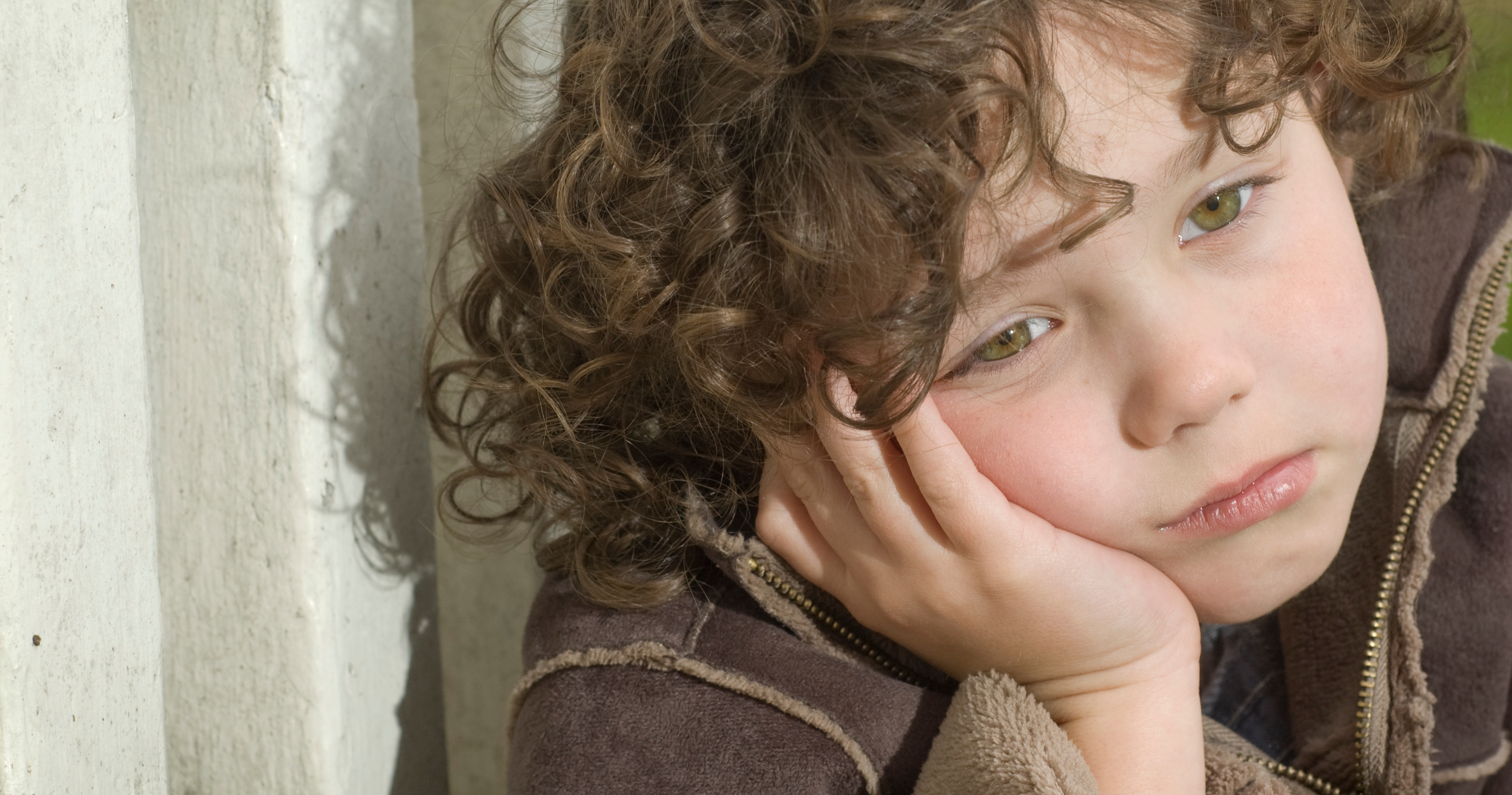
Grief. It’s a topic that we often avoid discussing and dread experiencing. But it’s one we are all familiar with at some level throughout our lives. While there are many different types of grief, one type that is often overlooked is “disenfranchised grief”. The American Psychological Association defines it this way: “Grief that society (or some element of it) limits, does not expect, or may not allow a person to express.”
Disenfranchised grief has also been described as “a funeral no one attends”. Sometimes it comes in the form of no one celebrating developmental milestones for the baby you miscarried. Sometimes it’s the stages of dementia that someone you love goes through, yet others around you don’t seem to understand the losses that each of those stages bring.
Children of inmates can also experience numerous facets of disenfranchised grief when a parent goes to jail or prison. Here are some of the more notable losses they may face, often all at once:
- Loss of a caregiver, siblings, or other relatives
- Loss of income and financial stability
- Loss of status among peers or other relatives
- Loss of emotional support
- Loss of access to the parent in prison (due to the exorbitant cost of phone calls, mailing letters or making prison visits)
- Loss of housing, or inconsistent housing
- Developmental delays and/or learning disabilities
Although children of inmates may not have experienced the physical death of a parent, their parent is socially dead. While behind bars, the parent can’t be part of the child’s life, daily care, and special events. Additionally, due to the stigma of parental incarceration, the children are often told not to share about their parent’s absence, and some may not even know the real reason why their parent is gone. They often grieve alone, experiencing feelings of confusion, guilt, shame, anger, sadness and other emotions.
That’s why music therapy with Sparks for Success is so powerful. It provides a safe place for these kids to open up about their grief and struggles alongside other students who have had similar experiences. It’s also fun and non-threatening, which can provide a much-needed break from their grief and other heavy emotions. The students typically engage in various music-based skill-building activities, such as emotion identification through sharing how they feel when listening to a piece of music.
Practicing these skills helps children of inmates acknowledge and work through their grief instead of stuffing it or acting out because of it. They also learn they can make positive choices when faced with future challenges and traumas. Ultimately, through developing and applying these coping skills, the children can begin to envision a more hopeful future by learning to thrive in the midst of their circumstances rather than becoming a victim of them.
Would you consider helping the most vulnerable among us learn how to navigate these significant losses and the unacknowledged grief they carry so they can develop resilience and become productive members of our communities?
Donate Today
Sources:
https://dictionary.apa.org/disenfranchised-grief

